Looking back to 2014 and her second pregnancy, Michelle Meadows-Rousseau believes her gynaecologist knew there was something wrong.
“I was being scanned every day for about a month, as they were concerned about his growth,” she says.
“A caesarean section was planned but, as it happened, I went into labour at 35 weeks so Henri was born by emergency section.”
Henri (now six) didn’t cry when he was born and Michelle, who is a Bank of Ireland official, and her husband, Johan, who is from South Africa, were later told that this lack of crying was one of the indicators of Prader-Willi syndrome (PWS).
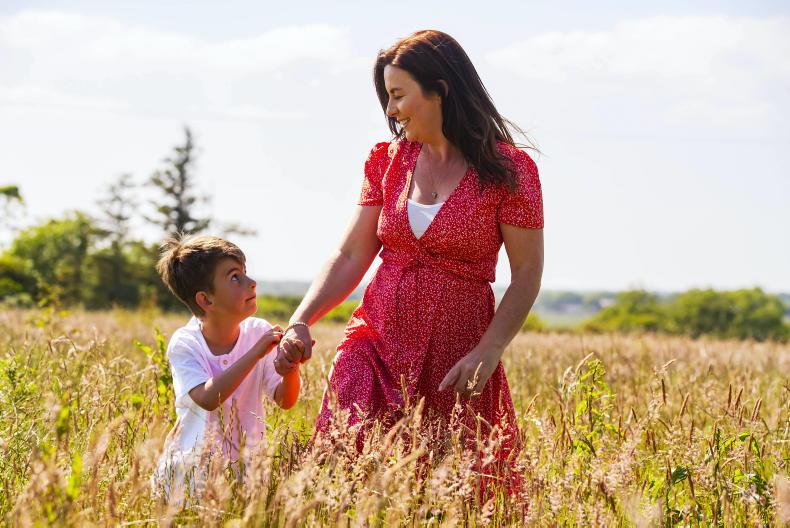
Henri now attends school in Piercetown with the help of a special needs assistant. \ Patrick Browne
The word “floppy” was mentioned in those first days, too, but diagnosis was only given after Henri had been transferred from Wexford General Hospital to Temple Street Children’s Hospital in Dublin.
“Those first days were a blur,” she says. “We had very little access to him because he was in the intensive care unit (ICU). He didn’t feel like mine. It all felt so out of control.”
When they got the diagnosis, Michelle was “awareish” of the syndrome.
“I knew that Katie Price’s son had it,” she says, “although I knew that he had extra problems because of complications at birth, but I remember saying, ‘Is that the thing where you can’t stop eating?’”
Although the consultant advised them not to Google the condition, they found themselves doing that immediately.
“It felt like ‘Don’t press the red button’ but we did. In hindsight, it wasn’t a good idea because the pictures were awful. At least there is more reliable information now.”
The couple were in shock after the diagnosis. “Over the next few months it used to sink in, then you’d go back into shock or anger again. Johan was more proactive than I and searched for helpful information and made contact with the PWS Association of Ireland (PWSAI) but all in all, the first six months were very difficult,” Michelle says.
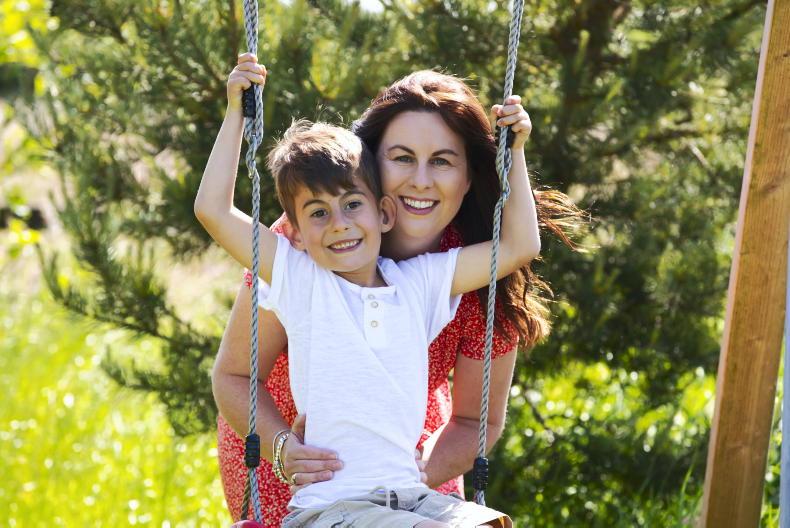
Michelle and Henri at home in Wexford. \ Patrick Browne
“It was me and my breast pump and a timer, as Henri had to be tube-fed breastmilk every three to four hours. He was in hospital (in Wexford) for two months and it meant going in with breastmilk regularly, which wasn’t easy when you can’t drive (after a caesarean) and husbands, at the time, didn’t get parental leave.”
Becoming somewhat of a nurse
Michelle had to learn how to tube feed her son when he came home.
“I [basically] became an intensive care nurse,” she says. “I had to test his stomach acid and I even had a stethoscope as I had to check his lungs to make sure that fluid hadn’t built up. It proved to me that anybody can learn anything if they have to.”

Henri had some challenges reaching milestones such as talking and walking but Michelle is confident he will get there. \ Patrick Browne
Early intervention
The many medical appointments Henri had from day one kept the couple busy, but the early intervention strategy was important – and it’s something they are thankful for.
“It meant he got the best help from early on,” she explains. “For us, the distraction of therapy appointments was good too. We had up to three appointments a week – physio, occupational therapy, speech and language therapy, feeding therapy, hospital appointments and so on…”
Schooling
Henri now attends mainstream school in Piercestown, Co Wexford, and does so with the support of a special needs assistant.
“The school has been brilliant,” Michelle says, “from the principal and all the staff. We sent him to Piercestown because they have such great facilities – even an autism unit, but he didn’t have to go there, even though many people with PWS are on the autism spectrum. We had Henri psychologically tested and he is only one point below average intelligence so he is in a mainstream class.”
Physically, however, Henri has many challenges.
“He was slower to walk and talk and was delayed on many milestones, but we know now that he will get there when he gets there. He still can’t hold a pen and, because his muscles are weak, his co-ordination isn’t great,” she says.
Henri’s ability to learn song words, count and do things verbally is good
“He still wears nappies, also, but seven-and-a-half is the average age for some children with a disability to be toilet trained, so we are still within that range. Henri’s ability to learn song words, count and do things verbally is good, though, and he is getting physically stronger as time goes on.”
Locking the kitchen
Henri has to have a growth hormone injection every night – administered by his Mum.
“This treatment, along with early intervention services, has radically changed the prospects for children with PWS compared to years ago,” she says.
Given that constant eating and not knowing when you are full are features of the syndrome and can lead to chronic obesity, controlling how much Henri eats is important. “This now, for us, involves locking the kitchen. Henri is slim and he is on a strict, nutritious diet,” Michelle says.
I do lock the kitchen because if it’s left open he will go in and he has taken stuff before so it’s better that he doesn’t have access. It’s like addiction
“Years ago, when not much was known about PWS, they didn’t know that the eating had to be controlled. We try to avoid all unnatural sugar at home, because sugar is a trigger and triggers more eating for everyone.
“I do lock the kitchen because if it’s left open he will go in and he has taken stuff before so it’s better that he doesn’t have access. It’s like addiction. Even if he is not hungry, that hunting for food compulsion is still switched on.
“Henri knows when meal and snack times are, but children with this condition can feel that you might not feed them. If we went away for the day, for instance, he’d want to know where we will go for dinner.”
The anxiety can lead to self-harming, including skin picking
Management revolves around training, she says. “If you keep everything strict and structured, it works. Sometimes he will ask, ‘Is the kitchen locked?’ And he is happier when it is locked, as it takes the thought away from him that he can get food.
“The anxiety can lead to self-harming, including skin picking, if children with PWS know they can get food and they know they are not meant to. In Henri’s case, he knows the rules and is trying his best to be a good boy but children with PWS are fighting with themselves all the time.”
Irish Country Living asks if all this is very stressful.
“I’m used to it now,” she says, “but you can’t leave food out. I’m thinking of building another kitchen – a minimalist one with no food in it – and keeping the current one just as the prep kitchen as it might make life easier.”
The future
Michelle “has no clue” about secondary school plans for Henri.
“I’m not even going to worry about it until he is in sixth class,” she says, “because it is just wasted energy. No parent knows what the future holds but, as a wise relative said to me, ‘There’s no point in planning because you will only be disappointed.’”
Support
Michelle, who is now a member of the board of the PWSAI, found attending meetings of the support group overwhelming at first.
“I went to a family weekend on the first occasion and went back to the hotel room and cried. I felt that all the other mothers were doing a better job and that I was just winging it, but everyone experiences that at first.”
We have a great website now and the HSE are funding an advocate for PWS children
Michelle now works with others to improve the information and support available to parents of children with PWS.
“We have a great website now and the HSE are funding an advocate for PWS children and we’ve started a mentoring system also where parents of a child with PWS help other parents whose child is newly-diagnosed.
“That was a great help to me from early on, meeting a parent who was further down the line with their child. All PWS children now get a medical card from birth. Simon Harris as Minister for Health was very supportive in relation to that. We are also hosting the international PWS conference in Limerick in 2022.”
Parents in Ireland who have children with special needs don’t retire
Respite for parents needs to be introduced, however, she believes.
“Parents in Ireland who have children with special needs don’t retire,” she says. “You go until you die, looking after your child, so regular respite is needed and we are lobbying for that.”
Challenges for working mothers
Workwise, having a child with special needs meant that Michelle had no option but take two years carer’s leave, initially.
“Employers have to agree to it,” she says. “You get a dole-type payment.”
Getting back to work wasn’t easy, as she could only work two days per week rather than full-time because of Henri’s regular medical appointments.
“It’s very difficult for mothers with special needs children,” she says. “Many women in that situation leave their jobs because they don’t feel supported. I have now opted to take a voluntary redundancy package to try to find something more flexible.”
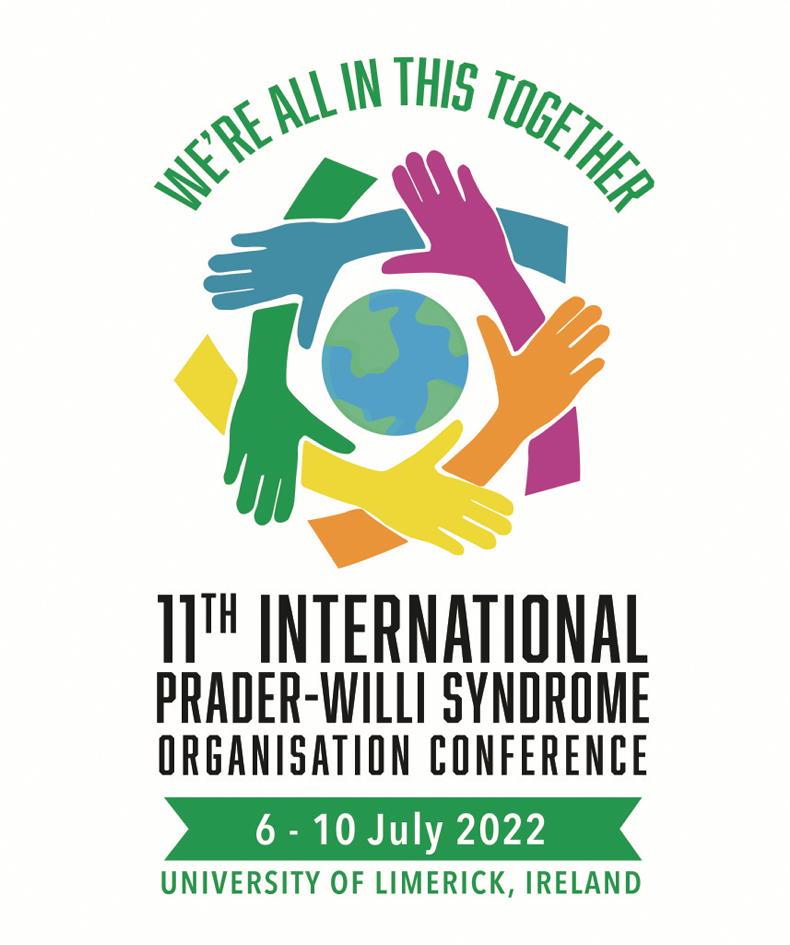
Michelle has recently completed a diploma in psychology and is planning further retraining.
Three babies are born in Ireland each year with PWS.
The PWSAI was founded by parents of children with PWS and is based at the Carmichael Centre, Dublin 7. Its development manager is Gary
Brennan and he can be contacted
at gary.brennan@pwsai.ie or
087-385 1387.
pwsai.ie
Looking back to 2014 and her second pregnancy, Michelle Meadows-Rousseau believes her gynaecologist knew there was something wrong.
“I was being scanned every day for about a month, as they were concerned about his growth,” she says.
“A caesarean section was planned but, as it happened, I went into labour at 35 weeks so Henri was born by emergency section.”
Henri (now six) didn’t cry when he was born and Michelle, who is a Bank of Ireland official, and her husband, Johan, who is from South Africa, were later told that this lack of crying was one of the indicators of Prader-Willi syndrome (PWS).

Henri now attends school in Piercetown with the help of a special needs assistant. \ Patrick Browne
The word “floppy” was mentioned in those first days, too, but diagnosis was only given after Henri had been transferred from Wexford General Hospital to Temple Street Children’s Hospital in Dublin.
“Those first days were a blur,” she says. “We had very little access to him because he was in the intensive care unit (ICU). He didn’t feel like mine. It all felt so out of control.”
When they got the diagnosis, Michelle was “awareish” of the syndrome.
“I knew that Katie Price’s son had it,” she says, “although I knew that he had extra problems because of complications at birth, but I remember saying, ‘Is that the thing where you can’t stop eating?’”
Although the consultant advised them not to Google the condition, they found themselves doing that immediately.
“It felt like ‘Don’t press the red button’ but we did. In hindsight, it wasn’t a good idea because the pictures were awful. At least there is more reliable information now.”
The couple were in shock after the diagnosis. “Over the next few months it used to sink in, then you’d go back into shock or anger again. Johan was more proactive than I and searched for helpful information and made contact with the PWS Association of Ireland (PWSAI) but all in all, the first six months were very difficult,” Michelle says.

Michelle and Henri at home in Wexford. \ Patrick Browne
“It was me and my breast pump and a timer, as Henri had to be tube-fed breastmilk every three to four hours. He was in hospital (in Wexford) for two months and it meant going in with breastmilk regularly, which wasn’t easy when you can’t drive (after a caesarean) and husbands, at the time, didn’t get parental leave.”
Becoming somewhat of a nurse
Michelle had to learn how to tube feed her son when he came home.
“I [basically] became an intensive care nurse,” she says. “I had to test his stomach acid and I even had a stethoscope as I had to check his lungs to make sure that fluid hadn’t built up. It proved to me that anybody can learn anything if they have to.”

Henri had some challenges reaching milestones such as talking and walking but Michelle is confident he will get there. \ Patrick Browne
Early intervention
The many medical appointments Henri had from day one kept the couple busy, but the early intervention strategy was important – and it’s something they are thankful for.
“It meant he got the best help from early on,” she explains. “For us, the distraction of therapy appointments was good too. We had up to three appointments a week – physio, occupational therapy, speech and language therapy, feeding therapy, hospital appointments and so on…”
Schooling
Henri now attends mainstream school in Piercestown, Co Wexford, and does so with the support of a special needs assistant.
“The school has been brilliant,” Michelle says, “from the principal and all the staff. We sent him to Piercestown because they have such great facilities – even an autism unit, but he didn’t have to go there, even though many people with PWS are on the autism spectrum. We had Henri psychologically tested and he is only one point below average intelligence so he is in a mainstream class.”
Physically, however, Henri has many challenges.
“He was slower to walk and talk and was delayed on many milestones, but we know now that he will get there when he gets there. He still can’t hold a pen and, because his muscles are weak, his co-ordination isn’t great,” she says.
Henri’s ability to learn song words, count and do things verbally is good
“He still wears nappies, also, but seven-and-a-half is the average age for some children with a disability to be toilet trained, so we are still within that range. Henri’s ability to learn song words, count and do things verbally is good, though, and he is getting physically stronger as time goes on.”
Locking the kitchen
Henri has to have a growth hormone injection every night – administered by his Mum.
“This treatment, along with early intervention services, has radically changed the prospects for children with PWS compared to years ago,” she says.
Given that constant eating and not knowing when you are full are features of the syndrome and can lead to chronic obesity, controlling how much Henri eats is important. “This now, for us, involves locking the kitchen. Henri is slim and he is on a strict, nutritious diet,” Michelle says.
I do lock the kitchen because if it’s left open he will go in and he has taken stuff before so it’s better that he doesn’t have access. It’s like addiction
“Years ago, when not much was known about PWS, they didn’t know that the eating had to be controlled. We try to avoid all unnatural sugar at home, because sugar is a trigger and triggers more eating for everyone.
“I do lock the kitchen because if it’s left open he will go in and he has taken stuff before so it’s better that he doesn’t have access. It’s like addiction. Even if he is not hungry, that hunting for food compulsion is still switched on.
“Henri knows when meal and snack times are, but children with this condition can feel that you might not feed them. If we went away for the day, for instance, he’d want to know where we will go for dinner.”
The anxiety can lead to self-harming, including skin picking
Management revolves around training, she says. “If you keep everything strict and structured, it works. Sometimes he will ask, ‘Is the kitchen locked?’ And he is happier when it is locked, as it takes the thought away from him that he can get food.
“The anxiety can lead to self-harming, including skin picking, if children with PWS know they can get food and they know they are not meant to. In Henri’s case, he knows the rules and is trying his best to be a good boy but children with PWS are fighting with themselves all the time.”
Irish Country Living asks if all this is very stressful.
“I’m used to it now,” she says, “but you can’t leave food out. I’m thinking of building another kitchen – a minimalist one with no food in it – and keeping the current one just as the prep kitchen as it might make life easier.”
The future
Michelle “has no clue” about secondary school plans for Henri.
“I’m not even going to worry about it until he is in sixth class,” she says, “because it is just wasted energy. No parent knows what the future holds but, as a wise relative said to me, ‘There’s no point in planning because you will only be disappointed.’”
Support
Michelle, who is now a member of the board of the PWSAI, found attending meetings of the support group overwhelming at first.
“I went to a family weekend on the first occasion and went back to the hotel room and cried. I felt that all the other mothers were doing a better job and that I was just winging it, but everyone experiences that at first.”
We have a great website now and the HSE are funding an advocate for PWS children
Michelle now works with others to improve the information and support available to parents of children with PWS.
“We have a great website now and the HSE are funding an advocate for PWS children and we’ve started a mentoring system also where parents of a child with PWS help other parents whose child is newly-diagnosed.
“That was a great help to me from early on, meeting a parent who was further down the line with their child. All PWS children now get a medical card from birth. Simon Harris as Minister for Health was very supportive in relation to that. We are also hosting the international PWS conference in Limerick in 2022.”
Parents in Ireland who have children with special needs don’t retire
Respite for parents needs to be introduced, however, she believes.
“Parents in Ireland who have children with special needs don’t retire,” she says. “You go until you die, looking after your child, so regular respite is needed and we are lobbying for that.”
Challenges for working mothers
Workwise, having a child with special needs meant that Michelle had no option but take two years carer’s leave, initially.
“Employers have to agree to it,” she says. “You get a dole-type payment.”
Getting back to work wasn’t easy, as she could only work two days per week rather than full-time because of Henri’s regular medical appointments.
“It’s very difficult for mothers with special needs children,” she says. “Many women in that situation leave their jobs because they don’t feel supported. I have now opted to take a voluntary redundancy package to try to find something more flexible.”

Michelle has recently completed a diploma in psychology and is planning further retraining.
Three babies are born in Ireland each year with PWS.
The PWSAI was founded by parents of children with PWS and is based at the Carmichael Centre, Dublin 7. Its development manager is Gary
Brennan and he can be contacted
at gary.brennan@pwsai.ie or
087-385 1387.
pwsai.ie








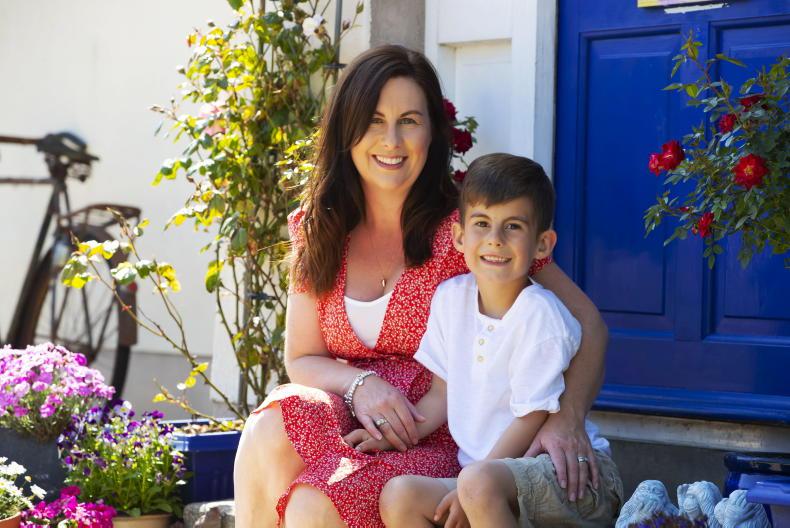
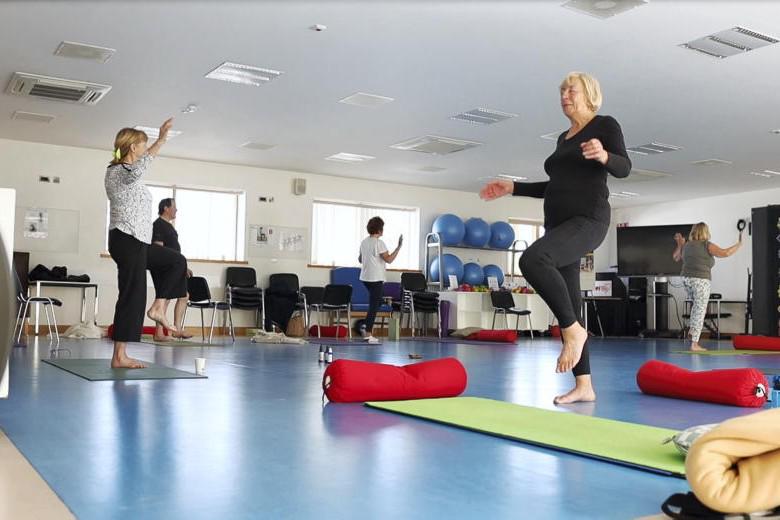
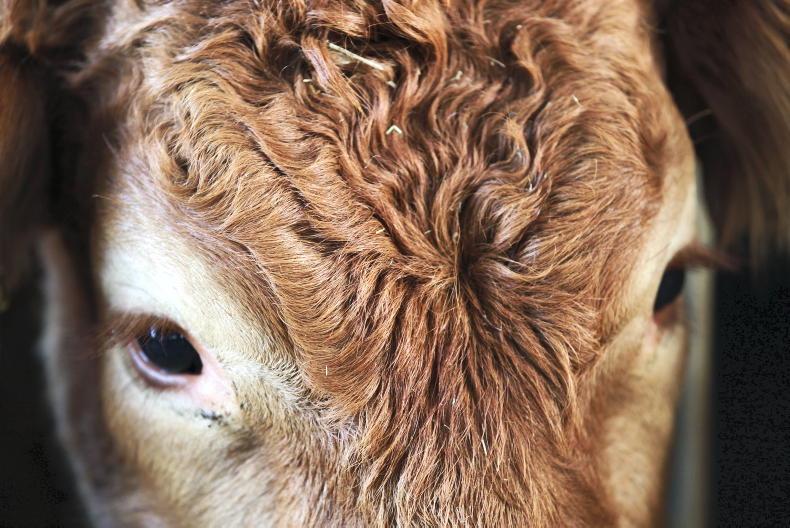

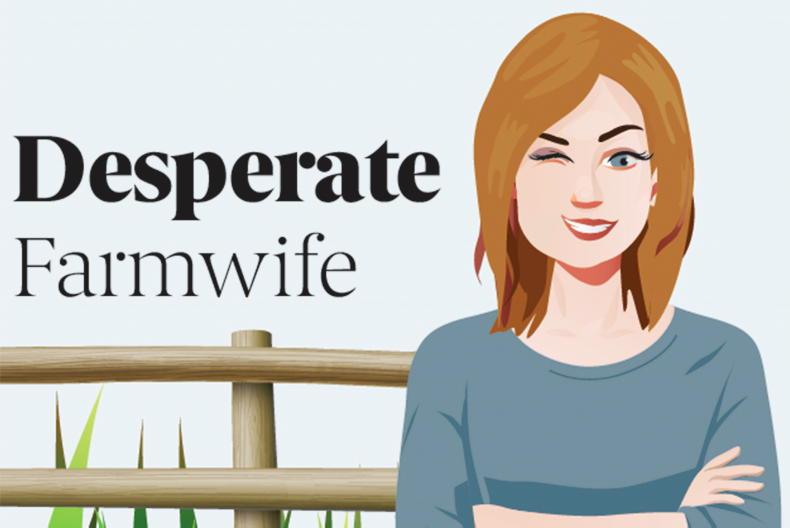
SHARING OPTIONS